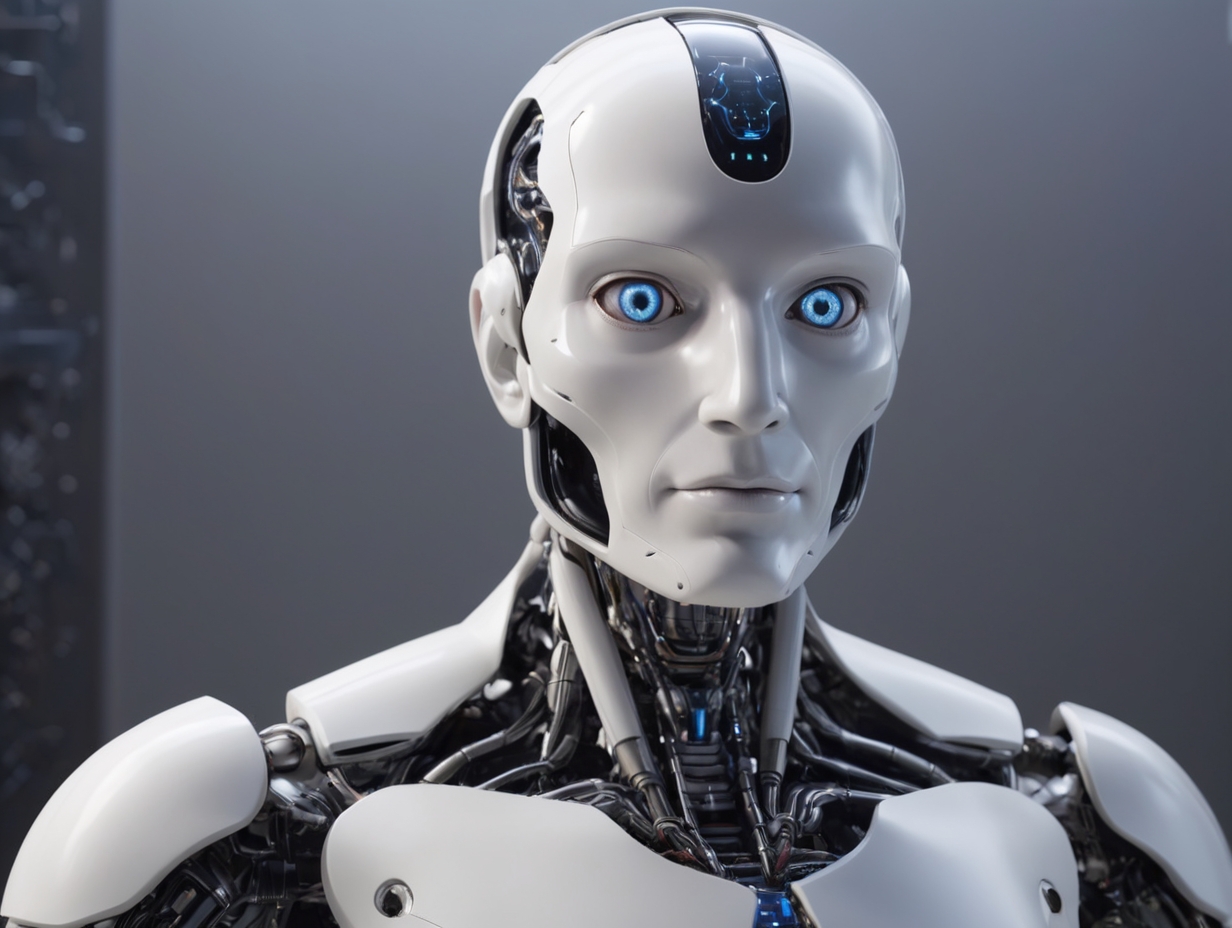The abilities like language and math ability of nascent human beings set the standard of general intelligence from the beginning. On the contrary, Yann LeCun, who is the AI principal and as well tumble on the other camp, does not believe that such general intelligence may be realized in the imminent future. LeCun mentioned the uncertainty of humanity’s artificial intelligence during an event at the London Engineering Center which is situated in Europe recently. Moreover, he stressed the incongruity of the person and the artificial intelligence capacities.
Skepticism regarding AGI
LeCun considers the issue of AGI with unease, believing that this intelligence of human beings which is vastly complex, presents a great hindrance. Rather than that, he supports the idea of human-like AI that he however considers to be a far-shooting goal. LeCun indicates four interconnected innate cognitive challenges, planning, retaining memories forever, and knowing the world – that today’s approaches to AI ignore.
The large language model is the main target of LeCun’s accusation. The likes of LLaMA from Meta, GPT-3, and Bard from OpenAI and Google respectively. These models exhibit flawless language mastery but their knowledge consistently remains static (that is, text-based learning inhibits an enhanced understanding of the reality). LeCun claims that. Text is represented as the vast quantity of data that is structured and organized, but physical experiences are qualitatively distinct from texts and occupy the other side of the spectrum.
The case against LLMs’ fact of mind
Lecun opines that proficiency of LLMs in language does not signify the genuineness of intelligence, because these have been denied the luxury of experience, existing knowledge base, and the abstract mysteries of real life. This is the key point he stresses, namely, under their current text-based learning architecture AI would not be able to do like humans unless AI begins to radically change its principle of learning it will remain impossible to achieve AI which may understand and perform languages in a way as humans do. LeCun says that there should be a change towards a new line of approach that mainly deals with objective-oriented AI systems that derive knowledge through the real world rather than just textual data.
While text-centric methodologies provide an alternative, LeCun puts forth the idea of “objective-driven AI”, with a directive of fulfilling human-defined goals for machines. These systems capitalize on sensory inputs and video data to constitute a superior “world model”, through which subsequent planning and decision-making can be centered on a set range of options available. Being able to use what they learn and then understand the consequences of acting implies that Artificial Intelligence machines with values-based motivation can approach more complex tasks more swiftly.
Navigating AI evolution: Yann LeCun’s perspective
LeCun rendered this fact without, however, refusing the idea of gradually surpassing human-level intelligence, pointing out that in such a process one must not overestimate timelines. He stresses the continued need for AI research and development to strive to surpass the middle ground between today’s applications and the mind-blowing concept of AI-level intelligence.
The fact that Yann LeCun’s stance against AGI is contrary to the inducing philosophy of AI and futurists contradicts the currently prevailing conception of AI’s evolution. Though LeCun recognizes the restrictions of LLMs, he encourages using AI to solve particular objectives and hereby provides a complex picture of the way to human-level intelligence. Since discourses on the future of AI continue to be unveiled, LeCun’s judgments should bring in introspective questions about the underlying nuanced issues at hand.
Original story from The Next Web





